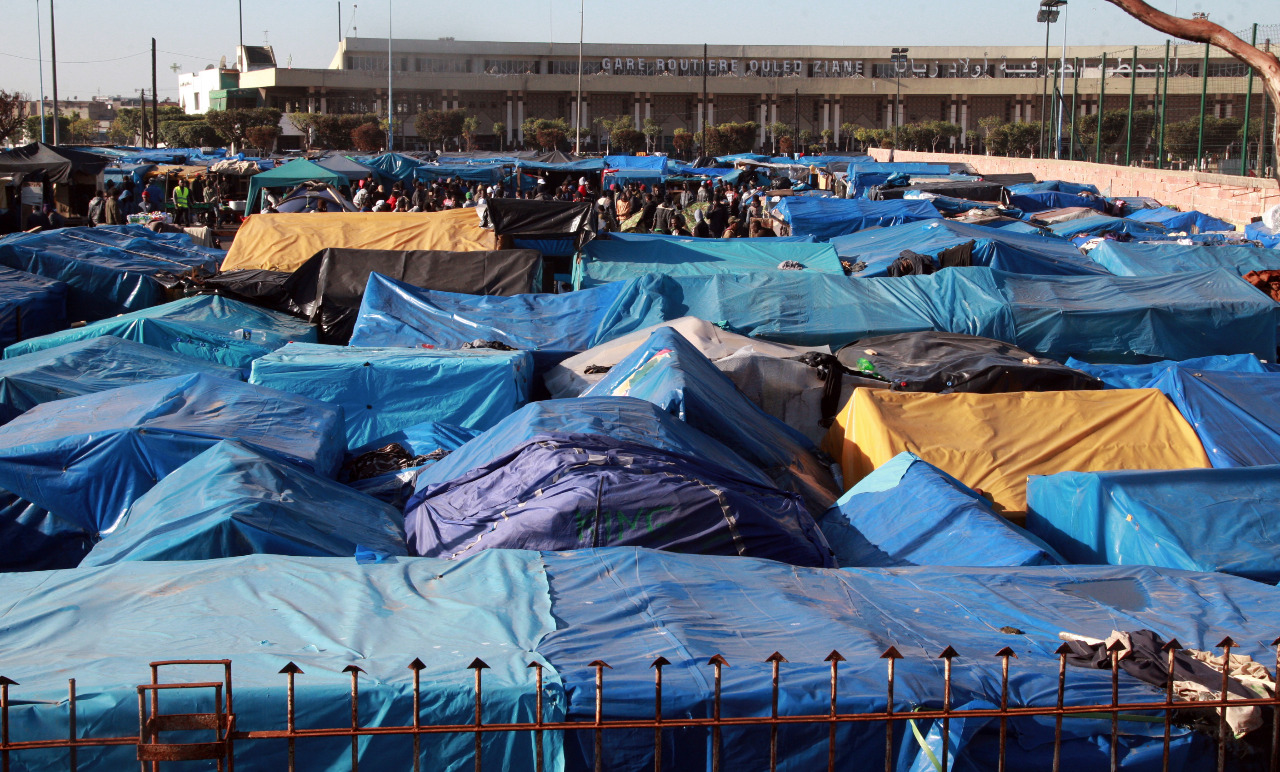Every year on the 20th of June, World Refugee Day marks the strength, courage and perseverance of refugees. It is important to recognise the difficulties that refugees face, and work towards a world where all refugees receive an education, have somewhere safe to live alongside accessibility to work so they can support their families.
The Start Network continues through its DEPP Lab Programme and the Migration Emergency Response Fund to respond to the needs of refugees. More specifically, MERF enables Start Network members to provide a rapid response to changes in needs along the migration routes in North and West Africa.
How are refugees and migrants linked?
As discussed in this article by MERF Programme, Knowledge and Information Officer, Daniel Squire, categories of ‘refugee’ and ‘migrant’ are widely used to differentiate between those on the move, and the legitimacy of their claim to assistance and international protection. Refugees have been seen as legitimate recipients of assistance while migrants have been portrayed as people making a choice to move and unworthy of international protection.
The United Nations High Commission for Refugees (UNHCR) differentiate between refugees and migrants in the following way:
“Refugees are defined as people fleeing persecution and conflict in their country of origin and for whom return would potentially have deadly consequences. Conversely, migrants choose to move not because of a direct threat of persecution or death, but mainly to improve their lives by finding work, or in some cases for education, family reunion, or other reasons and would face no impediment to safely return home.”
One size doesn’t fit all
Such definitions do not take into account the complex political, social and economic drivers that lead people to move. These ‘one size fits all’ definitions also don’t work practically in the real world; it is not easy to categorise someone as simply a refugee or a migrant, particularly in the context of Mediterranean mixed migration. People with different motivations travel together, individuals may change status, or even in some circumstances fit in more than one category at once.
The MERF is used to respond to mixed migration needs. The Mixed Migration Centre (MMC) defines mixed migration as:
“Cross-border movements of people including refugees fleeing persecution and conflict, victims of trafficking and people seeking better lives and opportunities.
Motivated to move by a multiplicity of factors, people in mixed flows have different legal statuses as well as a variety of vulnerabilities. Although entitled to protection under international human rights law, they are exposed to multiple rights violations along their journey. Those in mixed migration flows travel along similar routes, using similar means of travel - often travelling irregularly and wholly or partially assisted by migrant smugglers.”
These people might be moving through countries for several different reasons and may have different legal status’ not only to each other but as they travel along the route and their circumstances change. They may be smuggled for part or all of their journey. At some point they might return to their home country if they feel it is safe and livelihood opportunities are available.
Whatever the reason, people on the move in these areas all face similar protection risks from the same causes and perpetrators, whether they are a migrant or a refugee, and have similar needs that need to be met.
The MERF approach
The reasons for the movement of people are multifaceted and complex and the language we use today and going forward is more important than it ever has been. That is why the Migration Emergency Response Fund (MERF) uses the MMC definition of mixed migration. The MERF is a rapid-response, context specific, contingency fund run by the Start Network to respond to changes in the context, spikes, ongoing gaps and acute needs related to migration along the western and central Mediterranean routes.
An alert is raised by one of the Start Network members and humanitarian experts decide on whether it fits the criteria of the fund. If it fits and is funded, member agencies submit a proposal to respond to the crisis. Decisions on which proposals to fund are made in country – as close to affected populations as possible – by people who understand the context. Agencies respond to mixed migration crises, designing programmes based on need to ensure that vulnerable people are safe and protected.
Start Network shares MMC’s approach that ‘not all those who are forced to move are without agency during their journey, just as people who started their migration journey voluntarily do not necessarily maintain agency during their journey.’
Read more about MERF alert 17 in anticipation of a spike in needs in Morocco.

